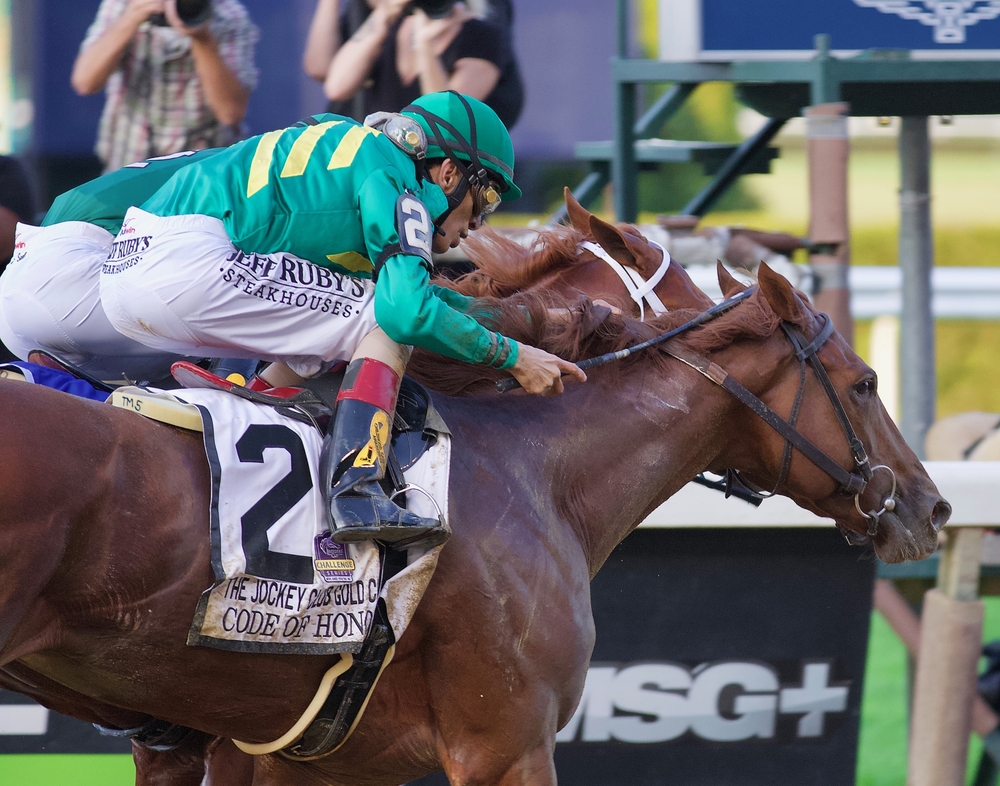Football is not only Sweden’s national sport but also its most popular sport. The locals have been playing it since the mid-19th century, while the national team and Sweden’s talented football players have put the country at the forefront of football internationally.
This article offers an account of football in Sweden, its history, and its evolution.
History of Football in Sweden
The history of football in Sweden can be traced back to the 1870s when the sport was first introduced in the country in organised form in gymnastics clubs across the country. The locals were inspired by countries like Scotland and England and introduced it in sports facilities. In a very short time, football became very popular with the formation of numerous clubs, and there was a need to introduce rules to standardise the sport.
In 1885, football clubs based in Visby, Stockholm, and Gothenburg established football rules to be followed across the country. In 1890, the first international club match was played; however, it was not until 1892 that the first game with modern rules was played.
Three years later, the first football association to govern the sport, the Svenska Idrottsforbundet, was established in 1895. The organisation was based in Gothenburg, the country’s most prominent football town at that time. The present governing body, the Swedish Football Association, was formed in 1904.
In 1896, the organisation arranged a national competition, the Svenska Masterskapet. This competition was conducted till 1925 and was discontinued after the formation of Allsvenskan, the first national league. The IFK association, the central organisation for Swedish football clubs, was established in the 1890s and introduced its first championship in 1901.
Over the years, football has grown and evolved in Sweden with the formation of more than 3000 clubs and over 32,000 teams. Sweden has over half a million active football players and around 250,000 licensed players.
Many Swedish football players have gained international success, including Zlatan Ibrahimovic, Emil Forsberg, and Victor Lindelof, among others. Continue reading to learn more about the Swedish national football team and domestic club competitions currently active in the country.
Swedish national football team
The Swedish men’s national football team has been playing internationally since 1908. The team is one of the strongest in the world and came to the limelight in the mid-1900s when it was regarded as one of the most successful teams in Europe.
The team has appeared in the FIFA World Cup twelve times, with the first appearance in 1934. In 1958, Sweden hosted the World Cup for the first time and ended in second place. In 1950 and 1954, the team managed to grab third place.
Besides the World Cup, the national team has also participated in the UEFA Euro Championship seven times. The team hosted the competition in 1992 and reached the semi-finals but could not proceed further. The men’s team has also won three medals in the Olympics to date.
The Swedish national team is currently in 23rd place in the FIFA rankings. It’s best ranking to date was second place in 1994.
The Swedish women’s national team is one of the strongest in the world and is currently in 3rd place in the FIFA rankings. The team has appeared in eight FIFA World Cups, with its first appearance in 1991. The team’s best performance to date is second place in 2003.
The women’s team has also participated in 11 UEFA Euro Championships. It debuted in the contest in 1984 and won the tournament. In addition, the national team won two silver medals in the Olympics in 2016 and 2020.
Swedish domestic football competitions
Sweden has a very comprehensive football league system with around 3300 active football clubs. The highest league in the country is Allsvenskan. The league was established in 1924, and presently it comprises 16 teams. The current champion of the league is BK Hacken, which won its first title in 2022. The most successful league of Allsvenskan is Malmo FF, with 25 wins recorded to date.
The Allsvenskan follows a promotion and relegation format with the Superettan, the second-highest football league in Sweden. This league was formed in 2000, and like the tier-1 league, it also has 16 teams on board.
After a single league in the first and second tiers, there are two leagues in the third tier, six in the fourth tier, and twelve in the fifth tier. There are even more leagues if we go further down the ranking pyramid. All these bodies are administered by their relevant regional organisations.
How Popular Is Football Betting In Sweden?
Football betting in Sweden has become increasingly popular, mirroring the nation’s fervent interest in the sport. The legal backdrop for betting in Sweden is comprehensive, with gambling being legal since 1934. Online gambling became entirely legal in 2002 under the Lotteries Act, and this was further expanded with the 2019 Gambling Act, which liberalised the Swedish gambling sector, allowing private companies to obtain online gambling licenses.
Swedish bettors are known for their analytical and methodical approach to betting, particularly in football. They typically conduct thorough research on teams, league standings, and players before placing their bets. This careful analysis is evident in the wide range of betting options and markets available on Swedish betting sites.
The popularity of betting in Sweden has led to a proliferation of both Swedish and international betting sites, providing a diverse array of betting options on both local and international football matches. These sites cater to the preferences of both Swedish punters and international bettors, with many offering services in Swedish Krona and tailoring promotions to Swedish bettors.
In summary, football betting in Sweden is a significant and growing activity, supported by a robust legal framework and a culture of analytical and patient betting. With a variety of local and international betting sites available, Swedish punters have a plethora of options for placing their bets on football events, both nationally and internationally.





